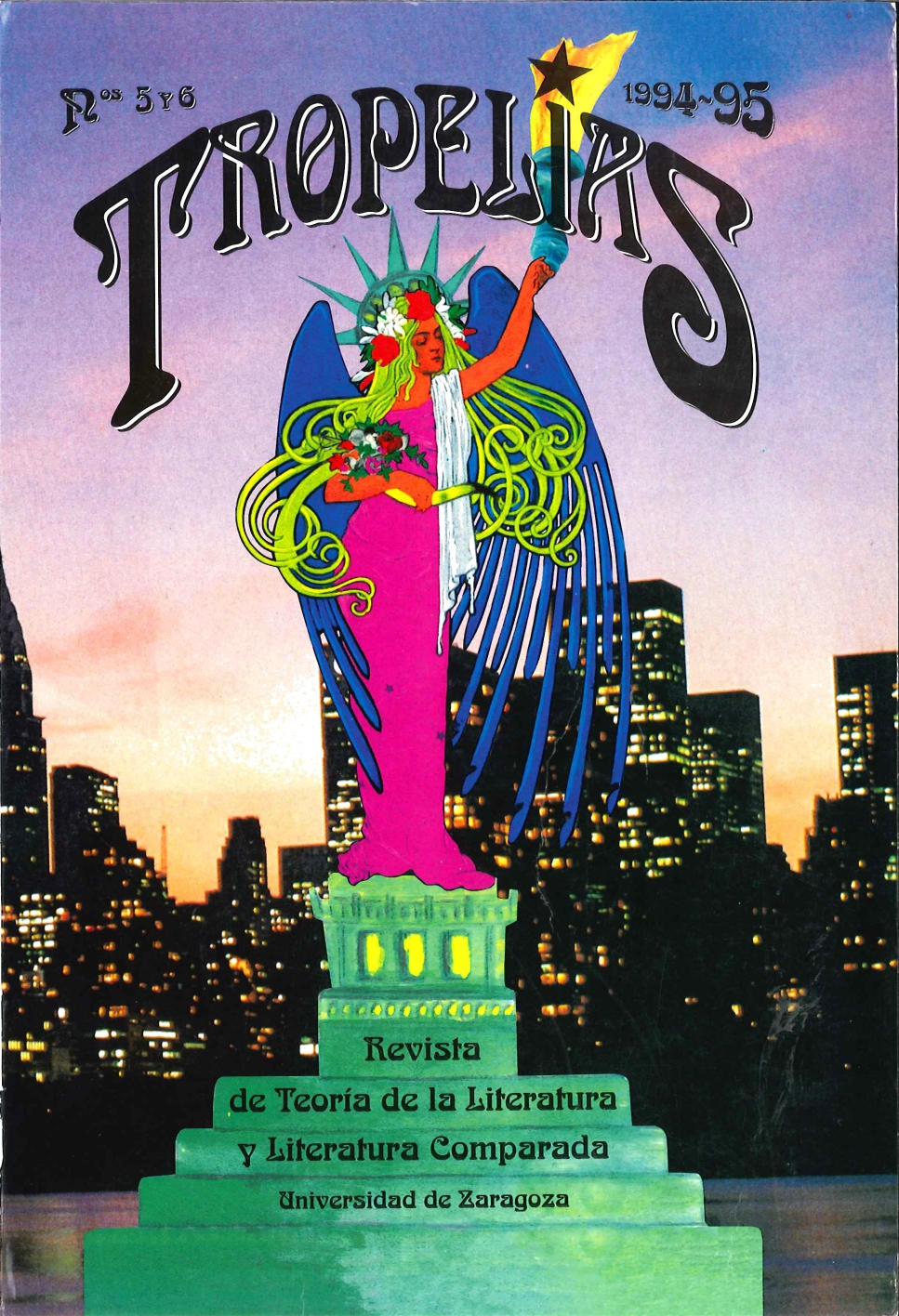To describe Modernity: Gracián, Ortega, Lotman
DOI:
https://doi.org/10.26754/ojs_tropelias/tropelias.19955-65577Keywords:
Baltasar Gracián, José Ortega y Gasset, Iuri LotmanAbstract
The present article is an attempt to characterize the position assumed before the complex and ever polemical phenomenon of Modernity by three great representatives of dialogical-relativist thought: the baroque writer Baltasar Gracián (1601-1658), the theorist of the 20th-century avantgardes José Ortega y Gasset (1883-1955) and the leader of the Tartu School of Semiotics, Yuri Lotman (1922-1993).
Both in the 17th and the 20th centuries Modernity is an aspiration to accept the relativist dialectics of the sign or the permanent dynamics of significations. Modern openness means a constant desire to rebel against established systems and to "leap" into nature, which embodies a "virgin field" for new intelIectual and cultural realizations.
Even so, the description of Modernity still hides ambiguities. It will thus remain an enigma if the plurilingual and polylogical "frontiers" conceived by Lotman as premises for cultural "explosions" and subsequent "Ieaps" into different social and cultural systems are sufficient to confront the ever more agressive closure imposed by the powerful commercial mechanisms of Western civilization.
Downloads
Downloads
Published
How to Cite
Issue
Section
License
Copyright (c) 2021 Jueri Talvet

This work is licensed under a Creative Commons Attribution 4.0 International License.
Los artículos enviados a la revista Tropelías deben ser originales e inéditos, no publicados previamente en cualquier soporte. Únicamente se aceptará material publicado total o parcialmente con anterioridad, o que esté en proceso de evaluación en otra revista, si se hace constar la causa de tal duplicación y se facilita la fuente donde ha aparecido dicho artículo.
Las imágenes que se incluyan en los artículos estarán libres de derechos de reproducción y, en caso contrario, los autores deberán presentar los permisos para su publicación y asumir los pagos derivados de ello.
Los artículos y reseñas publicados en la revista Tropelías pueden ser incluidos en repositorios temáticos o institucionales desde el momento de su publicación, sin modificación alguna e indicando claramente su procedencia.


